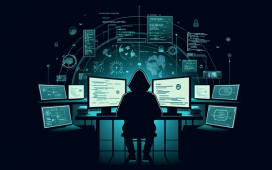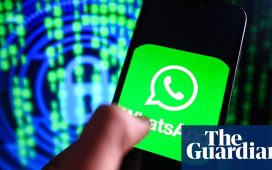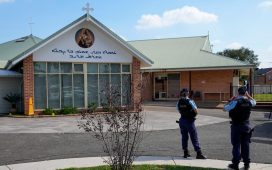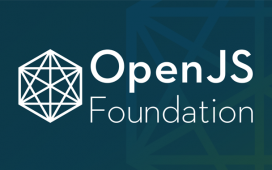Editorial
Published

In the United States, President Donald Trump was, as usual, tweeting opinions and attacks on various issues, including his claim that China didn’t inform the world early enough about the COVID-19 epidemic. He also tweeted the US would take action against China for its move to impose national security laws on Hong Kong.
But it was his tweeting against mailed-in balloting that led the Tweeter company to add a link to a Trump tweet, saying: “Get the facts about mail-in ballots.” Readers were directed to a page that stated: “Fact-checkers say there is no evidence that mail-in ballots are linked to voter fraud.”
Trump lashed out at the company and, in a tweet, accused it of stifling free speech and of interfering in the 2020 election. He then signed an executive order directing federal agencies to see whether they can place new regulations on tech giants like Twitter, Facebook, and Google which owns YouTube.
We have not had any such controversy over tweets and other online matters in the Philippines. On-line and social media have assumed a bigger role in communications under the “new normal” resulting from the COVID-19 pandemic in the country. In view of the continuing requirement of social distancing, many classes in private schools will be relying heavily on on-line and distance-learning programs this coming school year.
For the nation’s public schools, the Department of Education is considering various options, including using printed modules to be delivered to the students’ homes and delivering educational materials through technology, including Internet, radio, and television. Parents will decide whether to keep their children out of school while the COVID-19 danger is on, or accept the options that the DepEd will be offering, Secretary Leonor Briones said.
There have been many change in the way we and other nations have carried on our daily lives these past few months. Some have deplored that “social distancing” has made people more aloof from one another, when they should work closer together in the face of the pandemic.
There is indeed less physical contact today between people – no shaking of hands or high-fives, no “beso-beso,” no luncheon meetings, no big weddings, no enthusiastic rooting for school teams, not even praying in church together.
But we have tried to make up for the loss of physical contact by a greater use of the Internet, via online and social media, and the airwaves via radio and television. We may have to continue in this “new normal” for some time to come, as no one today is sure when the COVID-19 pandemic will end.
Tags: PAUL ROCA






